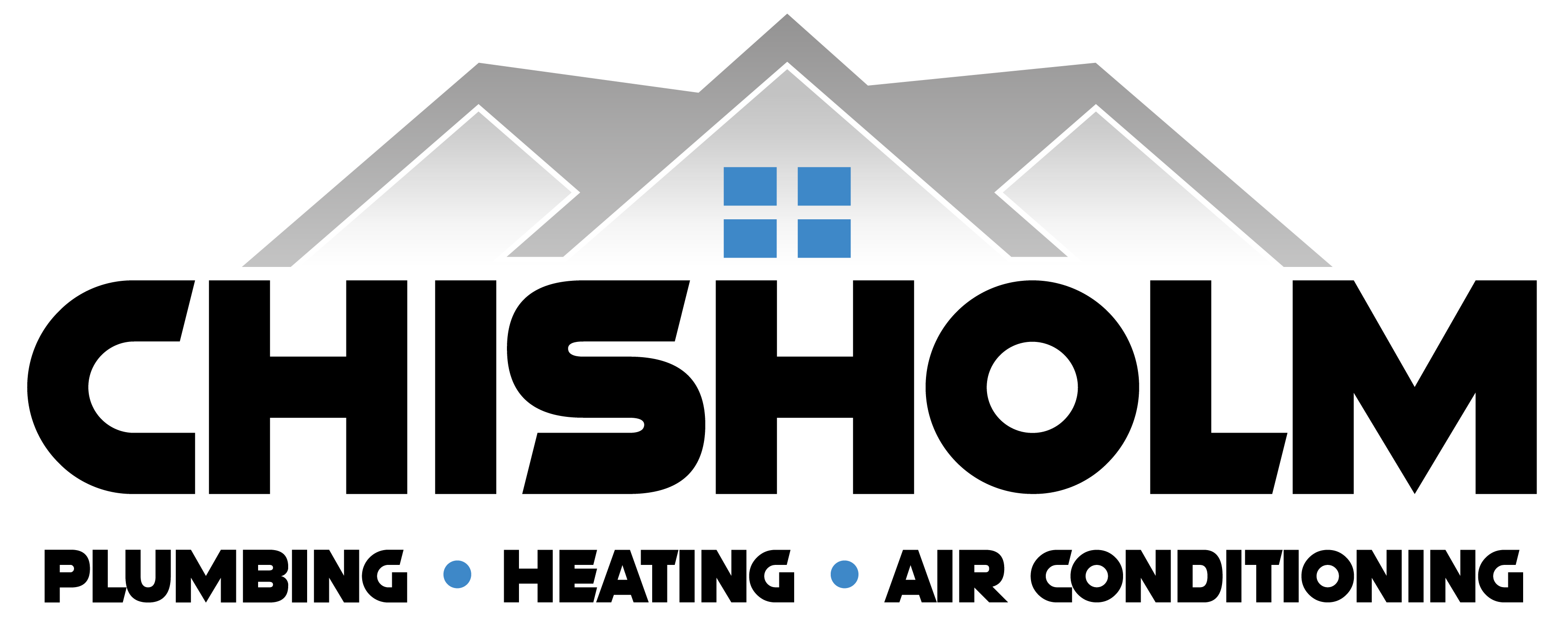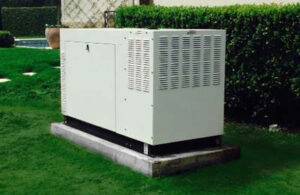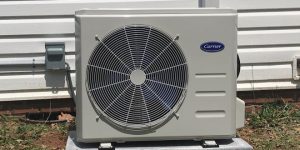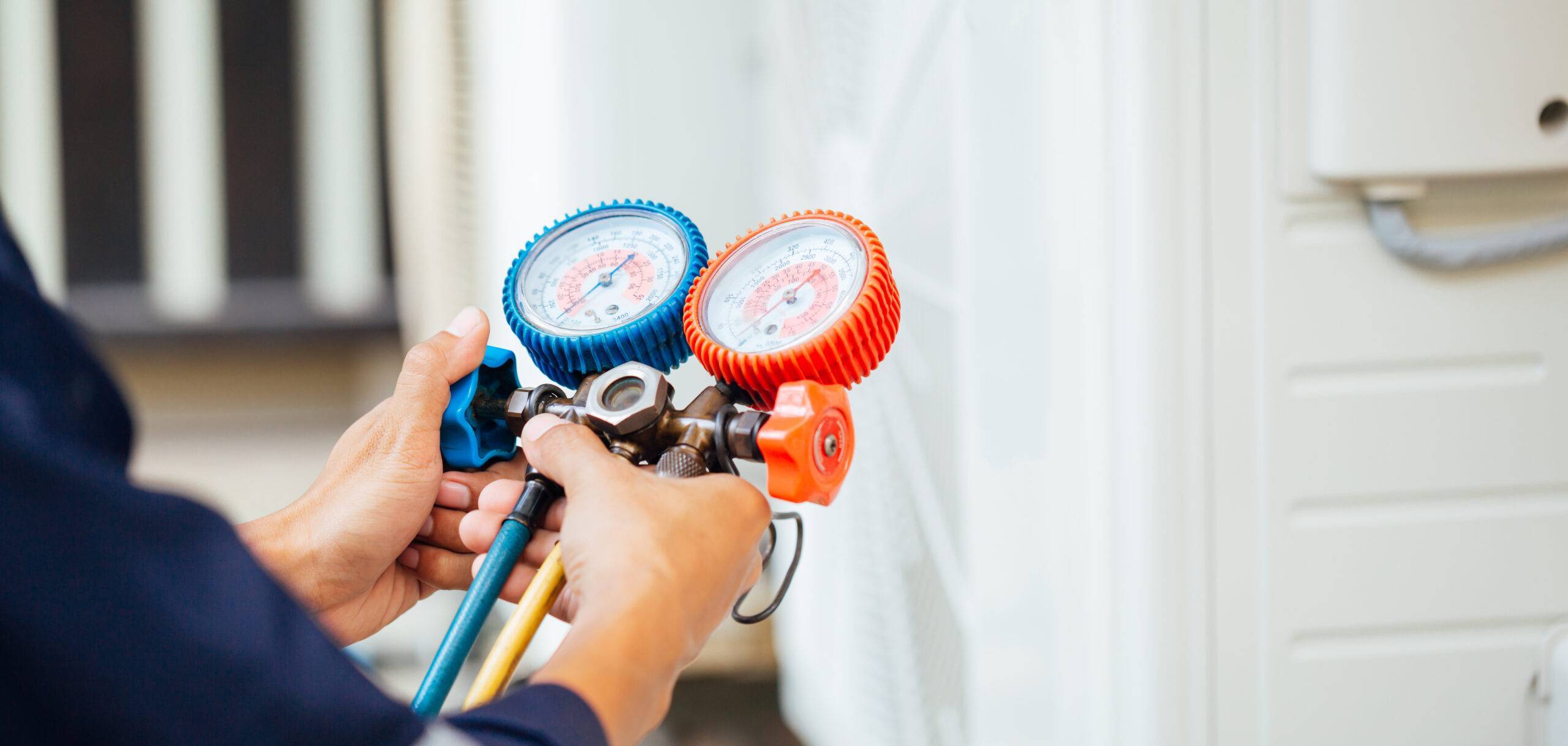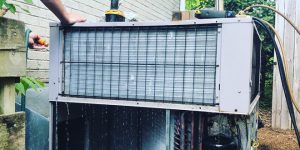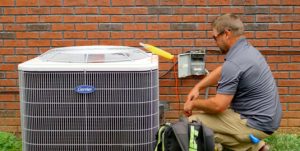
Maintaining your home’s plumbing system is crucial to preventing costly repairs and ensuring the efficient operation of water and drainage systems. As a homeowner in Liberty, understanding essential plumbing maintenance practices can help you avoid unexpected plumbing issues. In this blog, we’ll cover some practical tips to help you keep your plumbing system in top shape, including guidance on drain cleaning, water heater maintenance, and when to call a professional.
Table of Contents
| Section | Overview |
| Why Plumbing Maintenance is Important | Learn why regular plumbing maintenance can prevent costly damage and issues. |
| Drain Cleaning: Keeping Your Pipes Clear | Discover how regular drain cleaning helps prevent clogs and backups. |
| Water Heater Maintenance Tips | Explore the importance of regular water heater care to ensure longevity. |
| How to Prevent Plumbing Leaks | Find out how to inspect your home for leaks and prevent water damage. |
| Benefits of a Plumbing Maintenance Plan | Learn about the advantages of signing up for a professional plumbing plan. |
| Fun Facts About Plumbing Systems | Interesting and surprising facts about plumbing you may not know. |
| FAQ Section | Answers to common plumbing questions for Liberty homeowners. |
Glossary of Terms
- Drain Trap: A curved section of pipe under a sink that prevents sewer gasses from entering your home.
- Water Heater: A device that heats water for use in your home’s plumbing system.
- Pressure Regulator: A valve that controls water pressure coming into your home.
- Sump Pump: A pump installed in basements or crawl spaces to remove accumulated water.
- Backflow Preventer: A device that stops contaminated water from flowing back into the clean water supply.
- P-trap: A U-shaped pipe that retains water to block sewer gasses from backing into a home.
- Plumber’s Snake: A tool used to unclog pipes by breaking up blockages.
- Sediment: Particles that collect at the bottom of a water heater tank, which can affect performance.
Why Plumbing Maintenance is Important
Plumbing maintenance is essential for preventing common issues like clogs, leaks, and low water pressure, which can lead to costly repairs if left unchecked. A well-maintained plumbing system not only operates more efficiently but also extends the lifespan of components like pipes, fixtures, and appliances. By proactively maintaining your plumbing, you’ll avoid the headache of emergency repairs and reduce your water bills by addressing leaks and inefficiencies early.
In homes throughout Liberty, plumbing systems are particularly vulnerable to seasonal changes, mineral build-up from hard water, and wear and tear on aging fixtures. For homeowners, investing time in regular upkeep can prevent water damage, improve water flow, and maintain consistent water heating.
Scheduling professional plumbing services ensures that your system is regularly inspected and serviced by experts, helping you avoid more significant issues in the future.
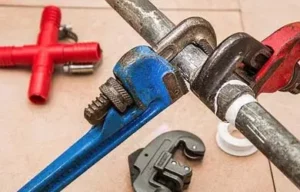
Drain Cleaning: Keeping Your Pipes Clear
Regular drain cleaning is one of the most effective ways to prevent clogs and backups in your home’s plumbing system. Over time, debris like hair, soap scum, food waste, and grease can accumulate in your pipes, leading to blockages. These blockages not only slow down water flow but can also cause unpleasant odors and, in severe cases, lead to pipe damage or burst pipes.
Here are a few tips to keep your drains clear:
- Avoid Pouring Grease Down the Drain: Grease can harden and stick to the inside of pipes, creating stubborn clogs. Instead, dispose of grease in a container and throw it away.
- Use Drain Screens: Install mesh drain screens over your sink, shower, and bathtub drains to catch hair, food particles, and debris before they enter your pipes.
- Flush Your Drains Regularly: Periodically flush drains with hot water or a solution of baking soda and vinegar to break down residue. This helps prevent buildup and keeps your pipes clear.
- Consider Professional Drain Cleaning: For tough clogs or slow drains, professional drain cleaning services can effectively clear blockages and keep your pipes flowing smoothly.
Regular drain cleaning will prevent issues like standing water, slow drainage, and potential pipe damage. It’s a simple yet effective step to maintain a healthy plumbing system.
Water Heater Maintenance Tips
Your water heater is an essential part of your plumbing system, providing hot water for showers, cleaning, and cooking. Regular water heater maintenance helps ensure consistent performance and extends the lifespan of the unit. Without proper care, sediment can build up in the tank, reducing efficiency and potentially leading to costly repairs.
Here are some tips to maintain your water heater:
- Flush the Tank Annually: Over time, sediment collects at the bottom of the water heater tank, which can reduce efficiency and cause the tank to overheat. Flushing the tank once a year removes this sediment, improving performance.
- Check the Temperature Settings: Set your water heater to 120°F to prevent overheating and reduce the risk of scalding. This also helps conserve energy and extends the unit’s lifespan.
- Inspect the Anode Rod: The anode rod prevents corrosion inside the tank by attracting corrosive particles. Have a professional check the rod every few years and replace it if it’s worn down.
- Listen for Strange Noises: If your water heater makes popping or rumbling sounds, it could be a sign of sediment buildup or other internal issues. These noises should be checked by a professional.
Routine maintenance, such as the tips mentioned above or professional water heater services, will keep your unit working efficiently and help avoid unexpected breakdowns.
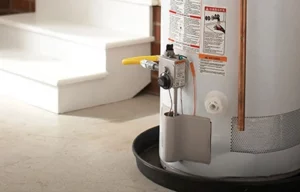
How to Prevent Plumbing Leaks
Leaks are one of the most common and potentially damaging plumbing issues. Even a small, unnoticed leak can lead to significant water damage, mold growth, and higher water bills over time. However, with regular inspections and a few preventive measures, you can minimize the risk of leaks in your home.
- Inspect Pipes Regularly: Check exposed pipes, especially in areas like basements, attics, and under sinks, for signs of corrosion, moisture, or cracks. Early detection of potential issues can prevent larger problems.
- Monitor Water Pressure: High water pressure can strain your pipes and lead to leaks or bursts. Install a pressure regulator if your water pressure is consistently above 60 psi.
- Replace Old Fixtures: Over time, fixtures like faucets, showerheads, and hoses can wear out and begin leaking. Replace these components before they become a problem.
- Look for Water Stains: Water stains on ceilings, walls, or under cabinets are a sign of a potential leak. Investigate the source immediately to prevent further damage.
- Install a Water Leak Detection System: For added peace of mind, consider installing a leak detection system that alerts you to leaks before they cause significant damage.
Preventing leaks through regular inspection and maintenance will protect your home from water damage and save you from unexpected repair costs.
Benefits of a Plumbing Maintenance Plan
Signing up for a plumbing maintenance plan offers several advantages that can save you time, money, and stress. A maintenance plan provides regular inspections, preventive care, and priority service, ensuring that your plumbing system remains in top condition throughout the year.
- Scheduled Inspections: With a maintenance plan, you’ll receive regular inspections of your plumbing system to catch potential issues before they become major problems.
- Priority Service: When you need repairs, you’ll receive priority scheduling, which is especially valuable during busy times when plumbers are in high demand.
- Discounted Repairs: Many maintenance plans include discounts on repairs, parts, and labor, saving you money in the long run.
- Increased System Longevity: Routine maintenance helps extend the life of your plumbing system by preventing damage and addressing issues early.
Explore Chisholm’s plumbing maintenance plans to keep your plumbing system operating efficiently and avoid unexpected breakdowns.

Fun Facts About Plumbing Systems
- Plumbing dates back to ancient times: The first known plumbing systems were used by the ancient Egyptians and Romans, who built aqueducts to transport water.
- The average household leak: It’s estimated that household leaks waste nearly 10,000 gallons of water each year—enough to fill a swimming pool!
- Toilet trivia: The modern flush toilet was invented by Sir John Harington in 1596, which is why toilets are sometimes referred to as “the john.”
- World Plumbing Day: Celebrated every March 11th, this day promotes the importance of plumbing in safeguarding public health.
FAQ Section
How often should I clean my drains?
It’s recommended to clean your drains every 1-2 years to prevent clogs and backups, but homes with frequent issues may benefit from more frequent cleanings.
How long do water heaters typically last?
A well-maintained water heater can last 8-12 years. Regular maintenance, such as flushing the tank and checking the anode rod, helps extend its lifespan.
What should I do if I hear strange noises from my pipes?
Noisy pipes, like banging or rattling, could indicate water hammer or loose fittings. Have a plumber inspect the pipes to prevent further issues.
How can I lower my water bill?
Fix leaks promptly, install low-flow fixtures, and avoid running water unnecessarily. Regular plumbing inspections can also help identify inefficiencies.
What causes low water pressure?
Low water pressure can be caused by leaks, blockages, or sediment buildup in pipes. It’s best to have a professional assess your system to identify the root cause.
Keep Your Plumbing System Flowing Smoothly with Chisholm
Regular plumbing maintenance is the key to avoiding costly repairs and ensuring your home’s water systems function efficiently. Whether you need routine drain cleaning, water heater maintenance, or help with plumbing leaks, Chisholm Plumbing, Heating & Air Conditioning is here to assist.
Contact us today to schedule a service and keep your plumbing system running smoothly!
